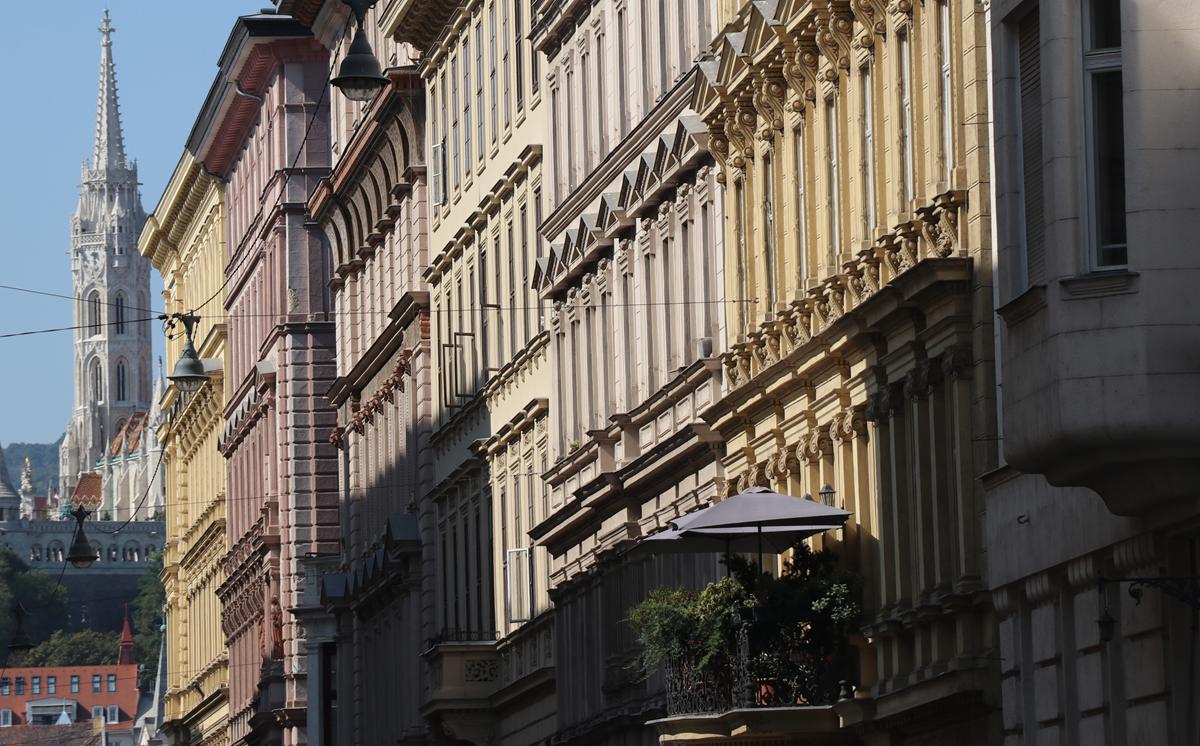Real estate market in Hungary: Will the government’s Housing Capital Programme make housing more accessible?

Can the government’s Housing Capital Programme reshape the real estate market in Hungary? With home prices soaring and supply struggling to meet demand, a new initiative combining public and private investment aims to deliver tens of thousands of affordable homes. But will it be enough to stabilise the market and make housing more accessible?
Housing Capital Programme
Pénzcentrum writes that the real estate market in Hungary has experienced slow growth in housing renewal in recent years, but a newly unveiled public housing capital programme could change this trajectory. The initiative, based on a partnership between the state and private developers, is set to inject HUF 300 billion (EUR 750 million) in state funding, supplemented by HUF 100-250 billion (EUR 250-500 million) from private investors.
With loan financing and a seven-year programme term, this investment could generate up to HUF 1,000-2,000 billion (EUR 2.5-5 billion), potentially leading to the construction of 50,000-60,000 new homes. Experts stress that the success of this scheme and therefore the future of the real estate market in Hungary will largely depend on the pricing of these homes, as affordability remains a key concern for buyers and investors alike.
Real estate market in Hungary could face increased competition
A major impact of the programme could be increased competition in the housing market. If new homes are introduced at reasonable prices, they could put downward pressure on both new and second-hand housing costs. Additionally, at least 90% of homes developed under this scheme must be purchased or rented by private individuals, ensuring accessibility for the general public. However, a challenge remains in aligning supply with demand, particularly in Budapest and key university cities where industrial investments have driven up property prices. Rental shortages in these locations further highlight the need for more housing solutions, including rental properties and dormitory developments, to alleviate the strain on the market.

Room for expansion
Long-term data suggests room for expansion in Hungary’s housing sector, with annual new housing starts having fluctuated significantly over the past two decades. While 2020 saw a peak of 28,000 completed homes, recent figures have dropped to below 14,000 in 2023. The new Housing Capital Programme aims to push this number to 25,000 homes per year, ensuring steady supply and stabilising prices. Although specific cost requirements are absent from the call for tenders, MFB Invest Ltd. will assess project affordability, offering hope for more accessible housing. If successfully implemented, this initiative could not only boost homeownership rates but also enhance living standards and long-term stability in the real estate market in Hungary.

Read also:
- Waiting could prove costly in the Budapest property market as the capital faces significant price rises
- From Buda to Debrecen: Hungarian property market sees rapid surge in 2025
Featured image: depositphotos.com







